


Topramezone is a selective post-emergence herbicide belonging to the pyrazolone class, primarily used for controlling broadleaf and grass weeds in corn and other crops. It inhibits the enzyme 4-hydroxyphenylpyruvate dioxygenase (HPPD), leading to the disruption of carotenoid biosynthesis in target plants. This results in bleaching and subsequent necrosis of the weeds. Other identifier- UNII: W4934JAQ65


Topramezone is a selective post-emergence herbicide belonging to the pyrazolone class, primarily used for controlling broadleaf and grass weeds in corn and other crops. It inhibits the enzyme 4-hydroxyphenylpyruvate dioxygenase (HPPD), leading to the disruption of carotenoid biosynthesis in target plants. This results in bleaching and subsequent necrosis of the weeds. Other identifier- UNII: W4934JAQ65

.3d8f8f41.svg)
Agrochemicals
.3556d45a.svg)

Crop Protection & Pest Control


Herbicides
Included in Quote
Included in Quote
Included in Quote
Included in Quote
.7767eb0f.png)

Chemical Properties & Specifications
Used post-emergence in corn crops to control a wide range of broadleaf and grass weeds.
Ensures healthy crop development by eliminating competitive weed species.
Topramezone is a selective herbicide used post-emergence to control broadleaf and grass weeds in crops like corn.
It inhibits the enzyme 4-hydroxyphenylpyruvate dioxygenase (HPPD), disrupting carotenoid biosynthesis in target plants, leading to bleaching and death of the weeds.
When used as directed, Topramezone has low toxicity to mammals. However, it is classified as a reproductive toxin (Category 1B), so appropriate precautions should be taken during handling and application.
Yes, it can be tank-mixed with other compatible herbicides to broaden the spectrum of weed control. Always refer to the manufacturer's guidelines for specific mixing instructions.
It is primarily used in corn (field corn, sweet corn, and popcorn) to manage various weed species.
Topramezone is very toxic to aquatic life with long-lasting effects. Avoid application near water bodies and ensure proper measures to prevent runoff.
As with any herbicide, repeated use of Topramezone alone can lead to the development of resistant weed populations. It is advisable to use it as part of an integrated weed management program, rotating with herbicides of different modes of action.
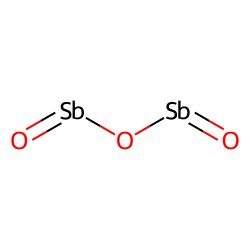
CAS No. : 1309-64-4
Category : Inorganic compound
Sub-Category : Flame retardants
Description: Antimony trioxide (Sb2O3) is an inorganic compound commonly used as a flame retardant and as a catal...
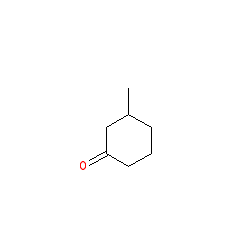
CAS No. : 36306-87-3
Category : Fragrance Ingredients
Sub-Category : Aroma Chemicals
Description: Kephalis is widley used in many industries. It plays a key role in the production of resins, coating...
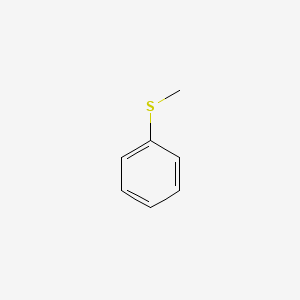
CAS No. : 100-68-5
Category : Pharmaceutical Actives & Precursors
Sub-Category : Intermediates & Precursors
Description: Thioanisole is a colorless to light yellow liquid with an aromatic odor. It serves as a valuable int...
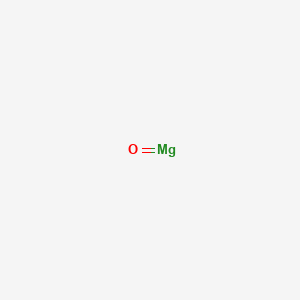
CAS No. : 1309-48-4
Category : Inorganic compound
Sub-Category : Magnesium compounds
Description: Magnesium oxide, commonly known as magnesia, is a white hygroscopic solid mineral that occurs natura...
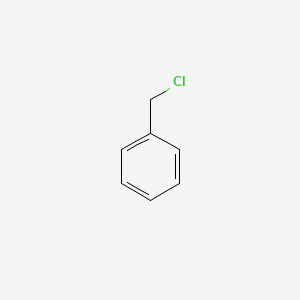
CAS No. : 100-44-7
Category : Organic Intermediate
Sub-Category : Reagents
Description: Benzyl Chloride is a colorless to pale yellow liquid with a pungent odor. It is primarily used as an...